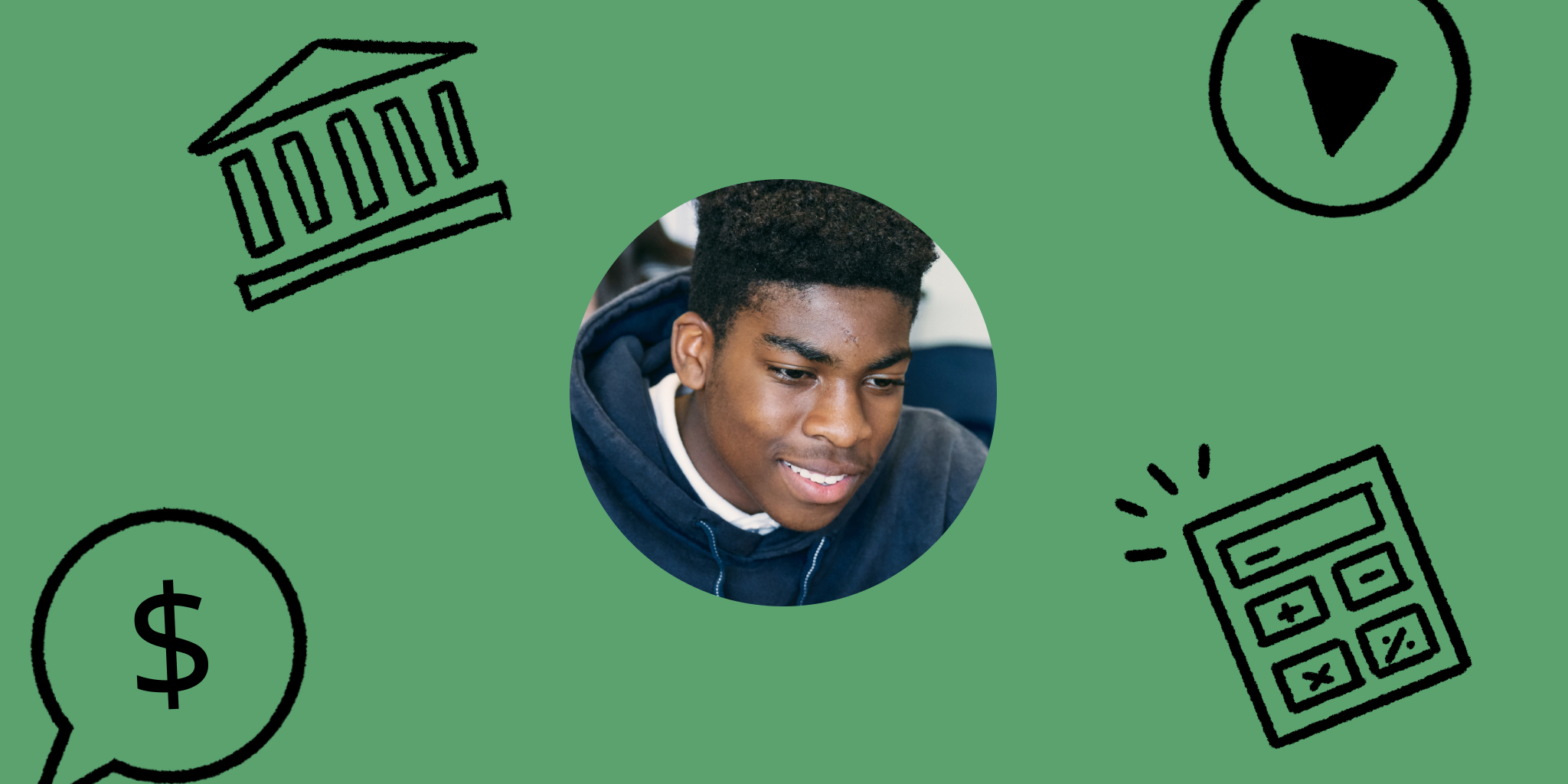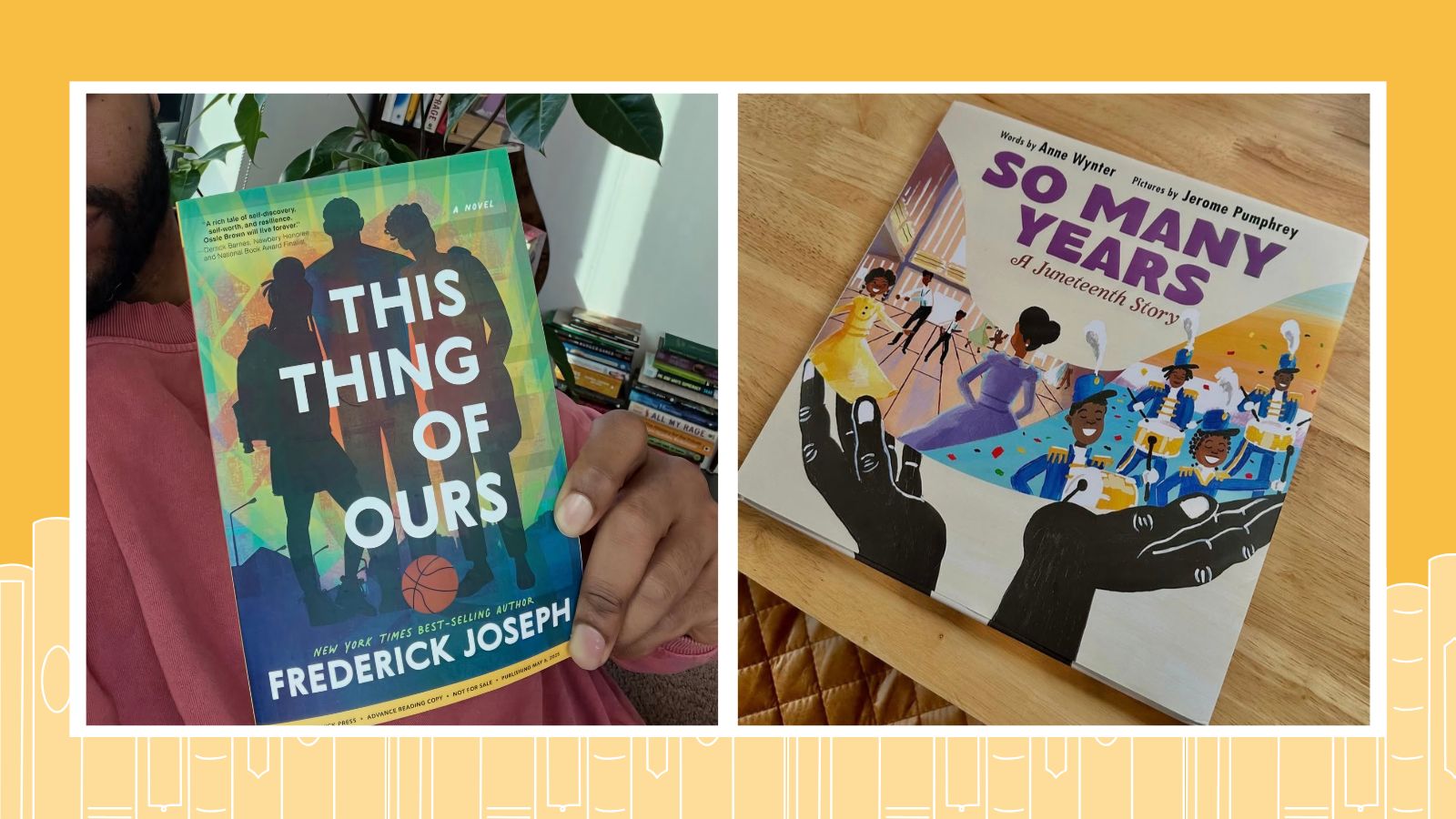
“Disengaged,” “unmotivated,” “fragile,” “behind.” These are just a few of the negative labels applied to young people today. We read stories about how they’re suffering from pandemic learning loss and an adolescent mental health crisis. “Kids are addicted to their phones” is a common complaint. It all adds up to an even less helpful label: “the anxious generation.”
Some advocates argue that these labels help doctors to diagnose problems and provide appropriate care. But what most people do with labels is criticize, not diagnose for the purpose of knowing or solving anything. And too often diagnosis moves to blame, which we have seen on a massive scale since the pandemic. It’s time to change the narrative and look instead for kids’ strengths.
As a psychiatrist, if I had labeled my patients, repeatedly reminding them of the hole they were in or the future they would never have, they would not have come back to see me. Many had experienced terrible trauma — but who in this world wants to be defined by the worst thing that ever happened to them?
Think of it this way. If your child were in a bike accident and ended up in an emergency room with a concussion and broken bones, you would see a trauma doctor who would give you a prognosis. Doctors can often predict how long it will take to heal and what must be done to recover. You would partner with the medical team and get to work, because you would want your child to walk again, ride a bike again, get back to life.
Related: Become a lifelong learner. Subscribe to our free weekly newsletter to receive our comprehensive reporting directly in your inbox.
Recovery from serious injury is serious work. It involves finding a balance between rest and strengthening, and that includes the uninjured parts, so our injured parts can get better. After a child has a significant injury, parents will be told that the child can’t go to school. If there is a concussion, the child should have no screen time for weeks or months to let the brain rest. It’s hard, but over time, healing happens.
Healing is even harder for anyone under stress. Not that all stress is bad. In small doses, it helps prepare us for a test, race or performance. If stress is well calibrated, people adapt and may even get stronger. But continued stress without relief — whether it’s rest, meditation, nutrition or activities that are just plain fun — delays and harms the chances for recovery.
When cumulative stress hits the brain, we start to move on the arc from health toward illness. We lose focus, get cranky and can’t remember things. We are less productive. Stress triggers a flood of the hormone cortisol that taxes our immune systems, and symptoms of anxiety, depression and other mental illnesses may emerge. We see it in mood swings, loss of appetite and loss of will.
But that’s not the end of the story. Humans are wired for healing, growth and recovery. It is a dynamic process that often needs to be guided by a coach, doctor, physical therapist or teacher. We need partners to heal.
Related: OPINION: As a mental health professional, I can’t single-handedly fix student behavior
I had a doctor who was that kind of partner for me. And that is who I became for my patients. When my patients complained about dealing with a mental illness, problems at school or their relationships with their parents, I did not catastrophize with them because they would have become hopeless.
Here’s what I did instead. I searched for and found their strengths, even amid failures and disappointments. That is not as hard to do as you might think. Very often our failures unearth the seeds of our strengths and ambitions. And if you work with kids as I did, you know that their disappointments are golden opportunities to get on the same team.
I would ask my patients: “What do you want for your life — not your parents — your life?” And then I’d wait, often for a long while, to get an answer. But when they finally did answer, I knew they were ready to partner with me on their plan to move forward.
They didn’t want to be coddled. They wanted to be treated like a person who was ready for a challenge. Not once did I have a patient who only wanted relief from mental health symptoms. They wanted a big life. They wanted purpose, love, friendships and success at something they chose and cared about. They wanted healing, and once they knew this was possible, they wanted their dreams. They developed new muscles, born of facing and surmounting their challenges.
The pandemic was a big crash academically and emotionally for lots of kids. But even though we know what it takes to overcome huge challenges, including injuries and failures, we are still not doing enough to help kids who are struggling. The recent dismal reading and math scores show that the achievement decline that began before the pandemic has continued.
It’s time for a drastic change to today’s narrative about young people, one that acknowledges the depth of pandemic setbacks but is free of labels and blame. Getting our kids off their phones would be helpful for many reasons, but that will not be the big win here. The win will come when we offer them opportunities to discover their strengths, enrich their relationships, build their academic and social skills and harness their energy to solve problems that matter to them.
Healing requires relationships, hope and time, not labels. With our young people we can build a plan to do the work, chunk it into manageable sizes and celebrate successes as they achieve their goals. They shouldn’t do this alone. In fact, it’s very hard to do this alone.
Pamela Cantor, M.D., is a child and adolescent psychiatrist and the founder and CEO of The Human Potential L.A.B., whose mission is to leverage scientific knowledge and technologies to transform what people understand and what institutions do to unlock human potential.
Contact the opinion editor at opinion@hechingerreport.org.
This story about focusing on student strengths was produced by The Hechinger Report, a nonprofit, independent news organization focused on inequality and innovation in education. Sign up for Hechinger’s weekly newsletter.
The post OPINION: Stop labeling kids and start revealing their strengths appeared first on The Hechinger Report.
“Disengaged,” “unmotivated,” “fragile,” “behind.” These are just a few of the negative labels applied to young people today. We read stories about how they’re suffering from pandemic learning loss and an adolescent mental health crisis. “Kids are addicted to their phones” is a common complaint. It all adds up to an even less helpful label:
The post OPINION: Stop labeling kids and start revealing their strengths appeared first on The Hechinger Report. Elementary to High School, Opinion, Solutions, Coronavirus and Education, Health and nutrition, Mental health and trauma, Politics, School counselors, Social emotional learning The Hechinger Report












